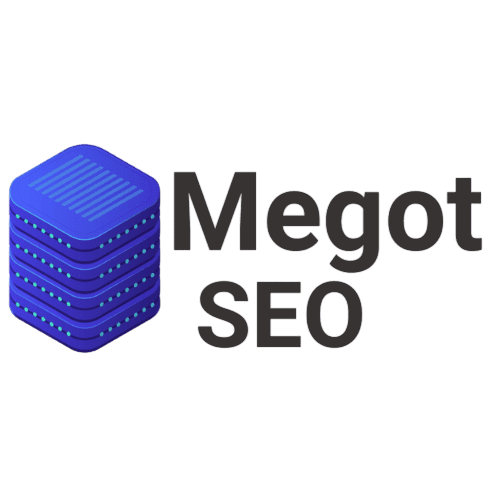Content Optimization vs Search Engine Optimization
Step One: Determine your content goals and what main keyword your page will focus on. Start with your most important pages.
Step Two: Research. Know who your target audience is and what they want.
Step Three: Group keywords with similar intent into a single cluster. Write pieces relevant to each set.
Search your core term. Look at the top 10 results and see what topics they address. Identify the searcher’s intent and create a theme around that, building topic clusters with related content. Start with a pillar article that provides a broad overview of the topic and links to specific items that cover the topic more in-depth. Cover all the relevant angles.
For instance, if you’re writing a piece on tart cherry extract, Google will show results discussing the health benefits, where you can buy it, its uses, side effects, etc. When you look at the searches related to tart cherry extract, you’ll see people are looking for tart cherry extract gout, tart cherry extract side effects, tart cherry extract dosage for gout, and so on.
Content marketing is a popular and effective online marketing strategy. Still, even if you have the best and most informative content, it will do you no good if people can’t find it. That’s where content optimization and Search Engine Optimization come in to make the difference – but just because you are focused on SEO and keywords doesn’t mean you’re optimizing your content. Let’s look at the differences between SEO and content optimization and how you can use them to create authoritative content that’s easy for your target audience to find.
Topic Modeling: A Basic Framework for Your Content
Years ago, you could get away with doing some basic keyword research with a tool like AdWords Keyword Planner, building out content based on what people were searching for most often, and using phrases with the least amount of competition. But, as Google continues to refine its ranking algorithms to provide better results for its customers, using AI to help improve the outcomes, it’s becoming increasingly more critical to use topic modeling as your approach to keywords.
As we’ve talked about topic modeling here on the blog in the past, I won’t spend much time covering it here in this post. The most critical part you need to remember is that when you talk about something on your blog – you need to factor in more than the words and phrases people use to find it – also, consider related topics and issues for that core keyword or subject.
For instance, if you’re writing about “product profitability,” your content should naturally include words and phrases like business, strategy, costs, pricing, company, and related topics. Focus less on keyword density and more on covering the subject in depth. It’s necessary to show you’re an expert.
So, your entire overview piece would cover the following:
- What tart cherry extract is, and where it comes from
- Benefits of tart cherry extract
- Best tart cherry extract supplements
- Tart cherry extract reviews
- Links to pages where you can buy tart cherry supplements
- Links to pages where you can purchase other supplements
- Links to pages with content about healthy lifestyle choices
When you use this approach, you’re optimizing your content for your end user first and naturally creating content that will keep the search engines happy. Optimizing your content specifically for the search engines is still necessary for things like your title tag, meta description, images, and video. Still, it’s not the main thing you should focus on.
Is the Traditional SEO Approach Still Worth It?
The short answer is yes and no. The SEO tools available today help you find those core keywords you want to target and find options for related searches you could include in your content as topic modeling for relevant searches. However, they’re not an end-to-end solution, so you often need more tools to complete the job.
Tools like SEMRush and Moz will give you powerful keyword research capability, but they tackle the keyword rather than the topic itself. They lack semantic tools that help you find the gaps you need to fill to create masterpieces on topics. You’ll need to use other means, like Article Insights, to help you find the semantic part of what Google and users expect to see in content related to any topic you write about. Content optimization platforms are designed to make it all more comfortable for you. Still, those are often cost-prohibitive and overly technical for people who don’t understand the nuances of content creation and SEO. That’s why we’re here at Megotseo. to help you.
Wrap- Up
Between the discussion of how Google is shifting to an AI-first approach and the topic modeling approach to content creation, it’s easy to believe the keyword is becoming obsolete. But, it’s still relevant to the process because no matter how complicated SEO becomes, we all have to start with that core keyword as our jumping-off point for knowing how to tackle everything from a content and competition standpoint.
Think big. Content optimization doesn’t always help you rank your page as directly as the number of quality backlinks you have. Still, it will help Google and other search engines understand the intent, ultimately enabling you to create better content. Regardless of SEO, quality content helps you build authority and trust in any niche, and the approach should help improve your rank in addition to the more traditional ranking factors.
When we create your blog content for you, either as a standalone service or part of a larger SEO package, we think beyond the keyword to ensure we’re creating content that creates value for your customers – which provides a better return on investment for you. Get in touch with us today!


